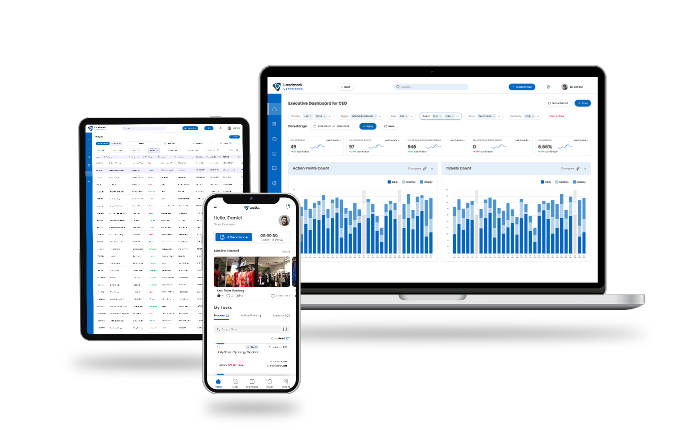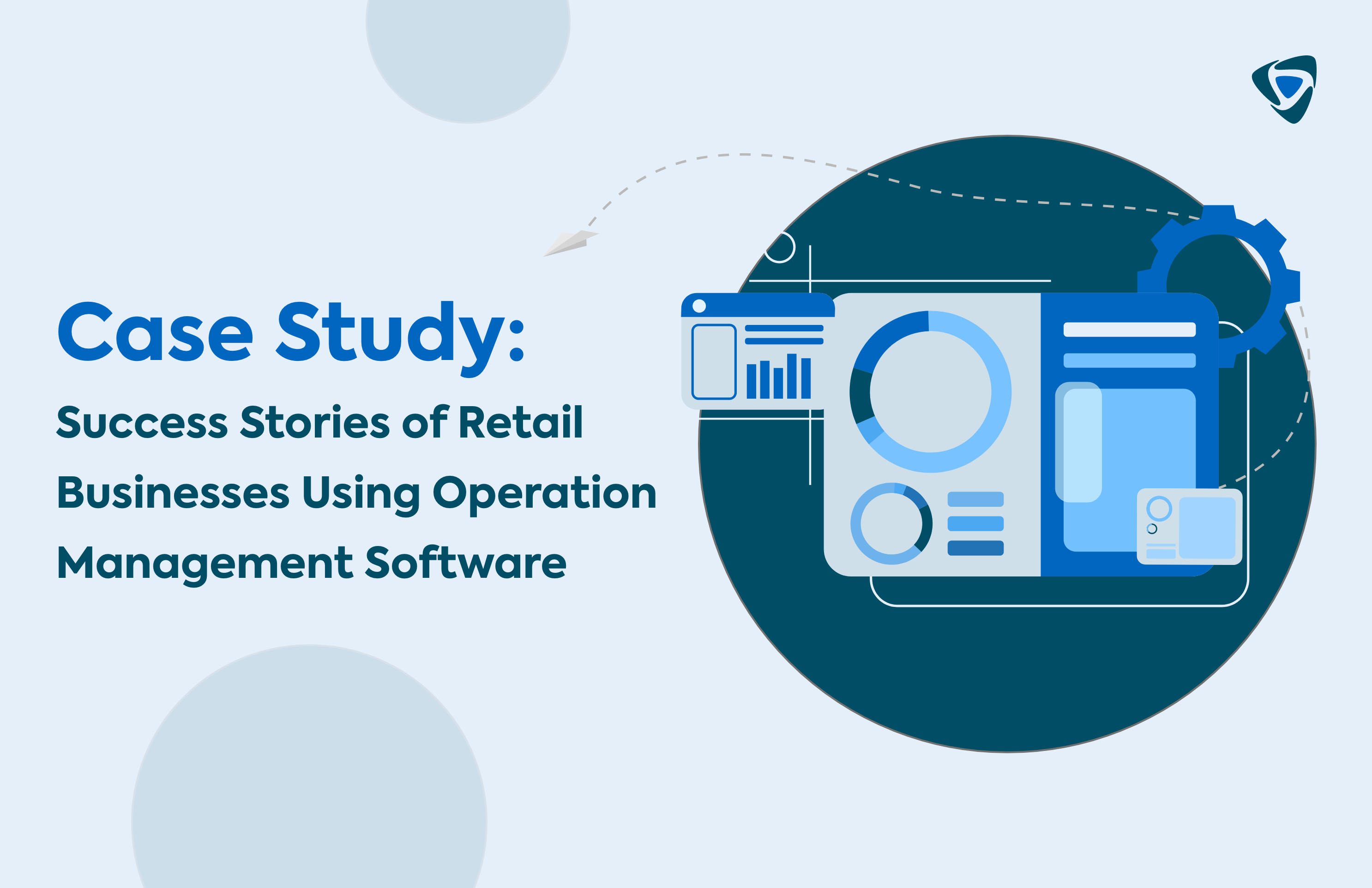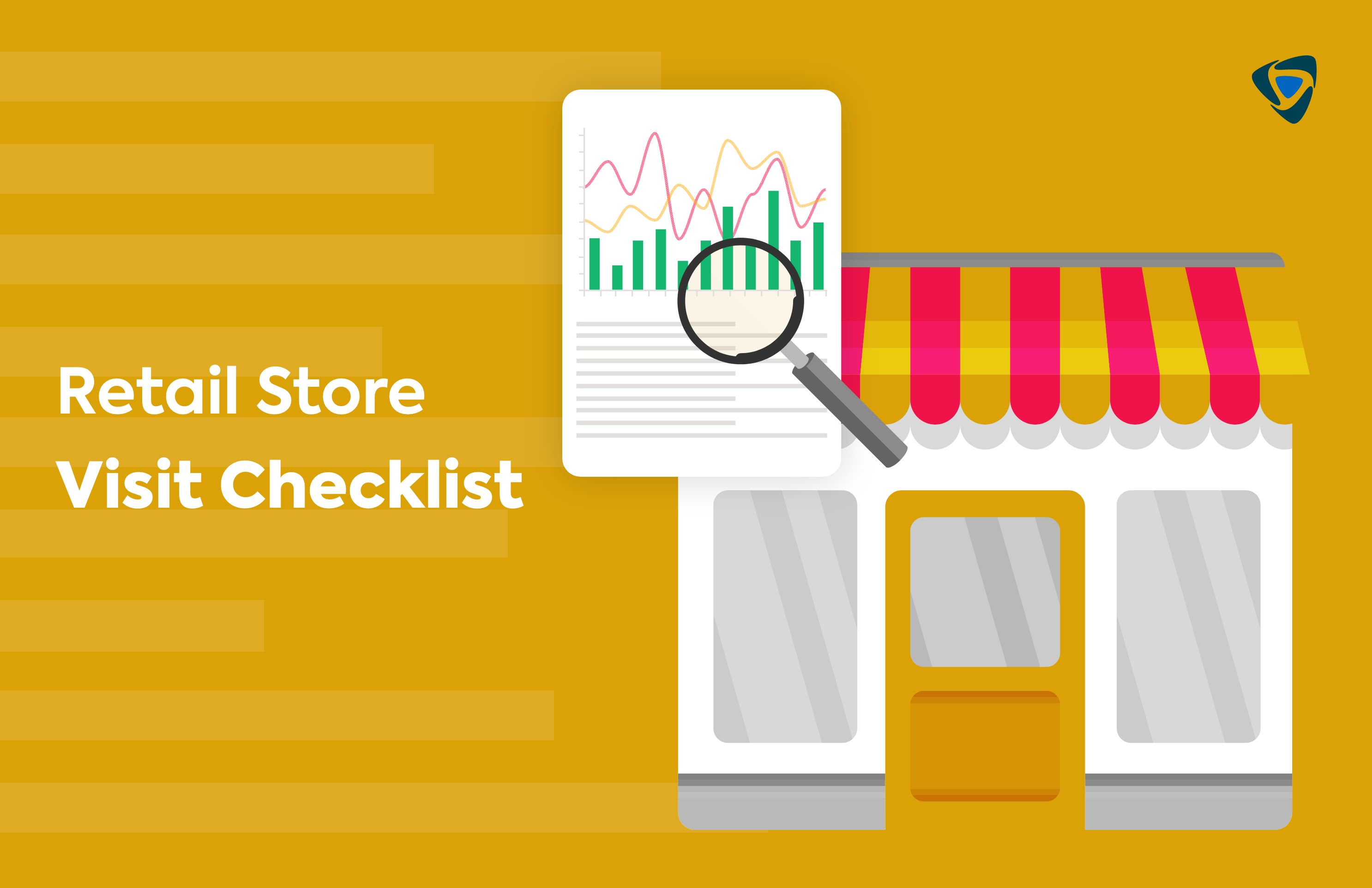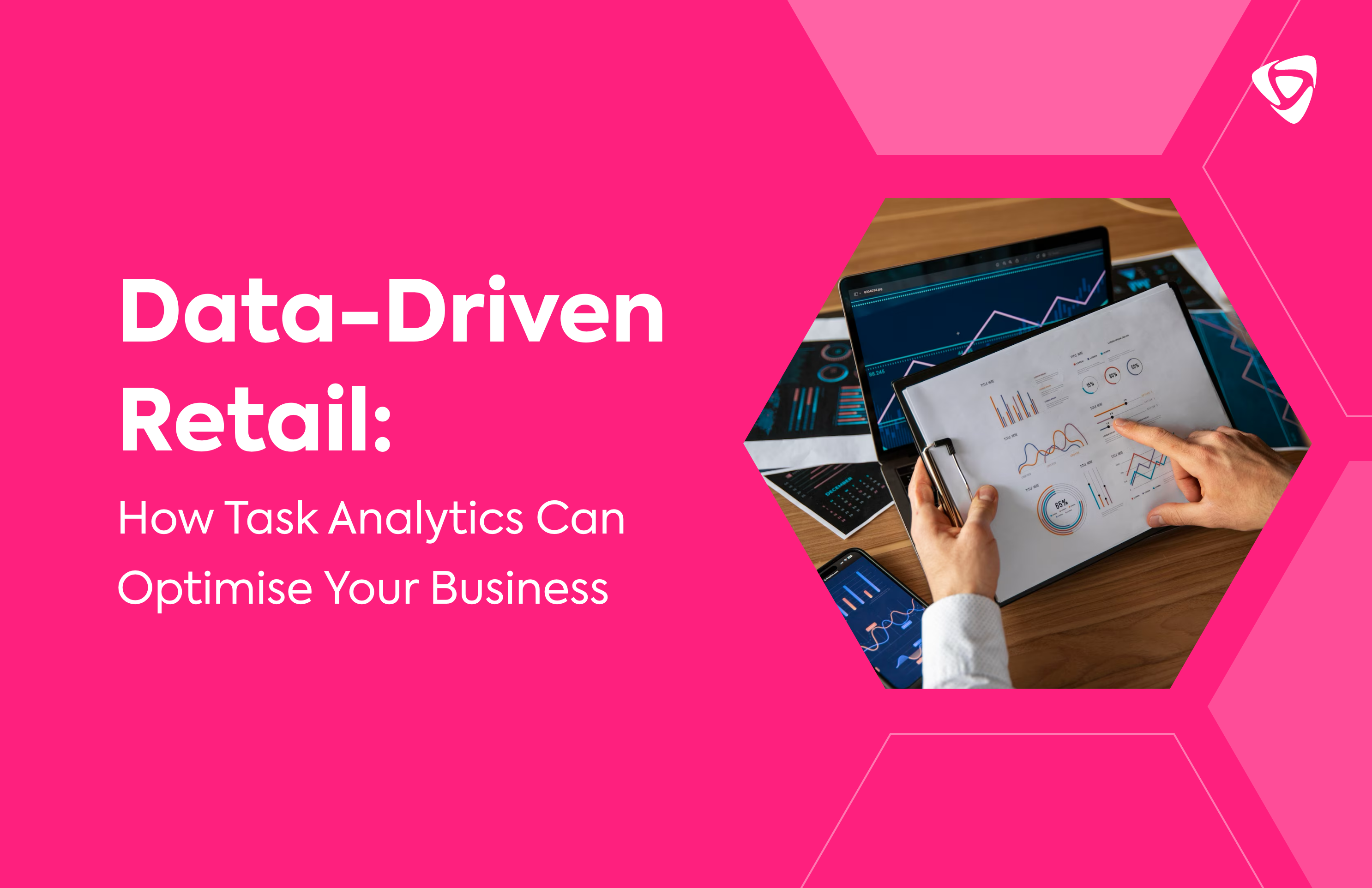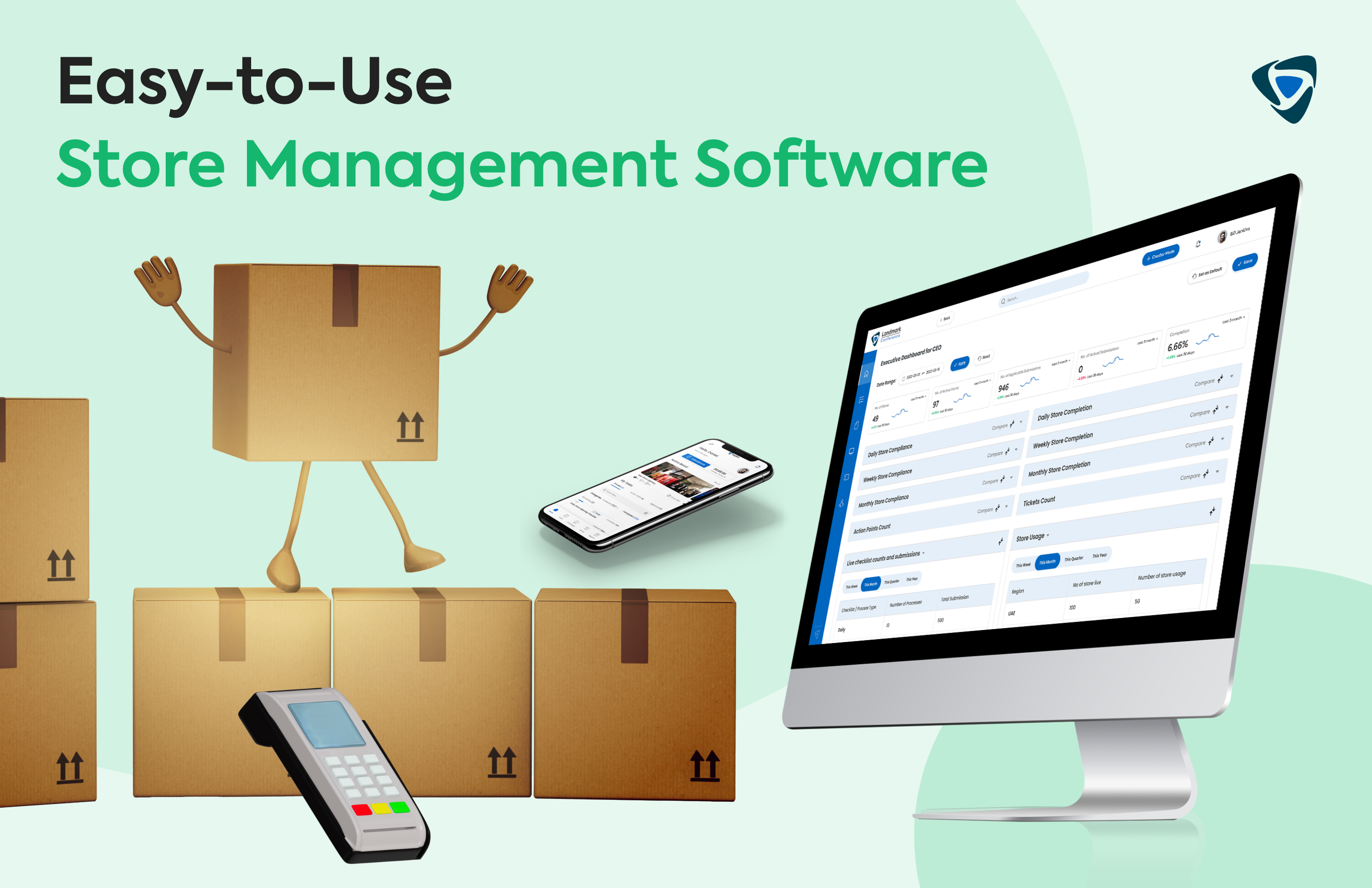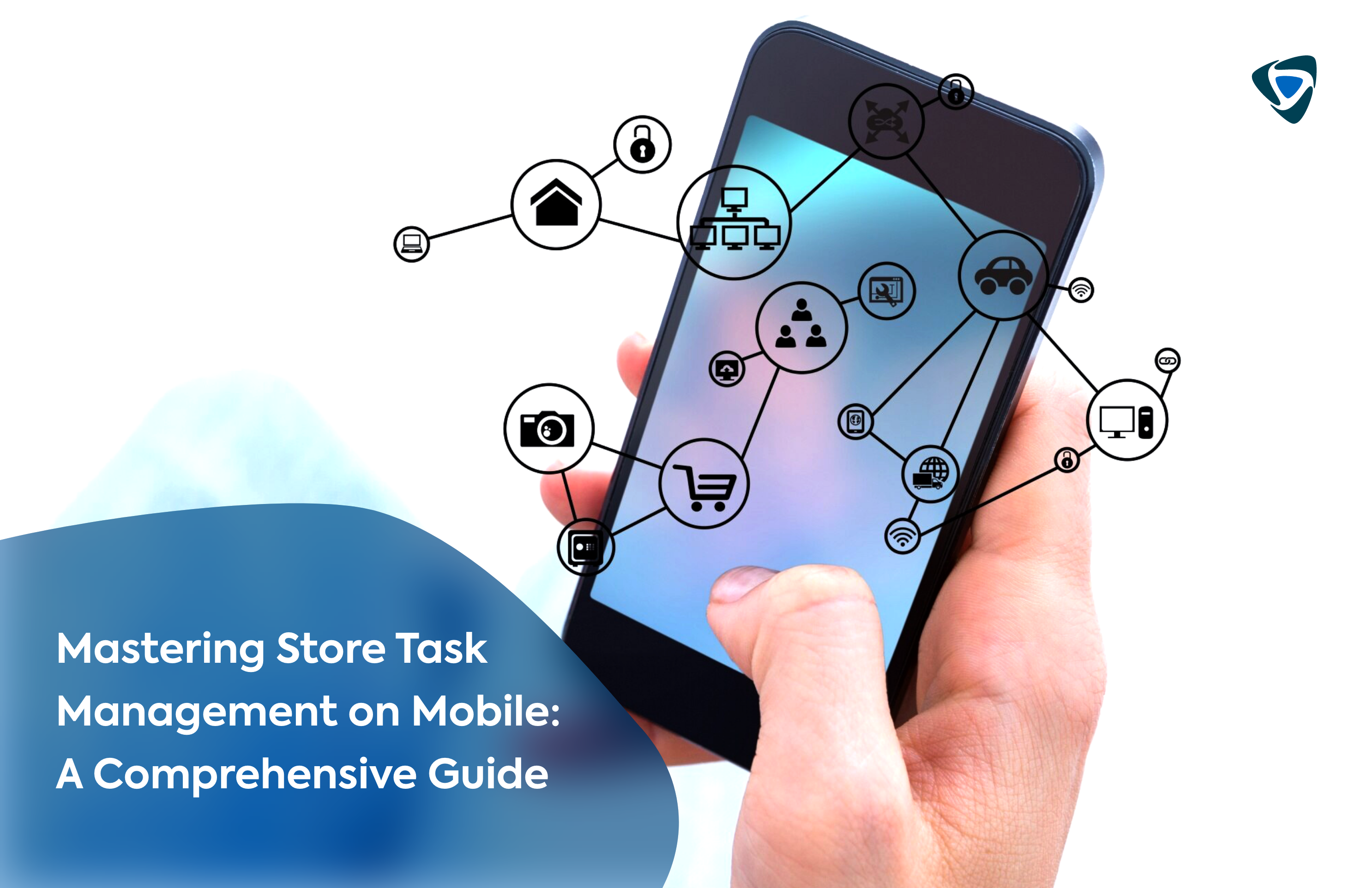Guide
A Detailed Comparison to Choose the Right LMS Software for Retail
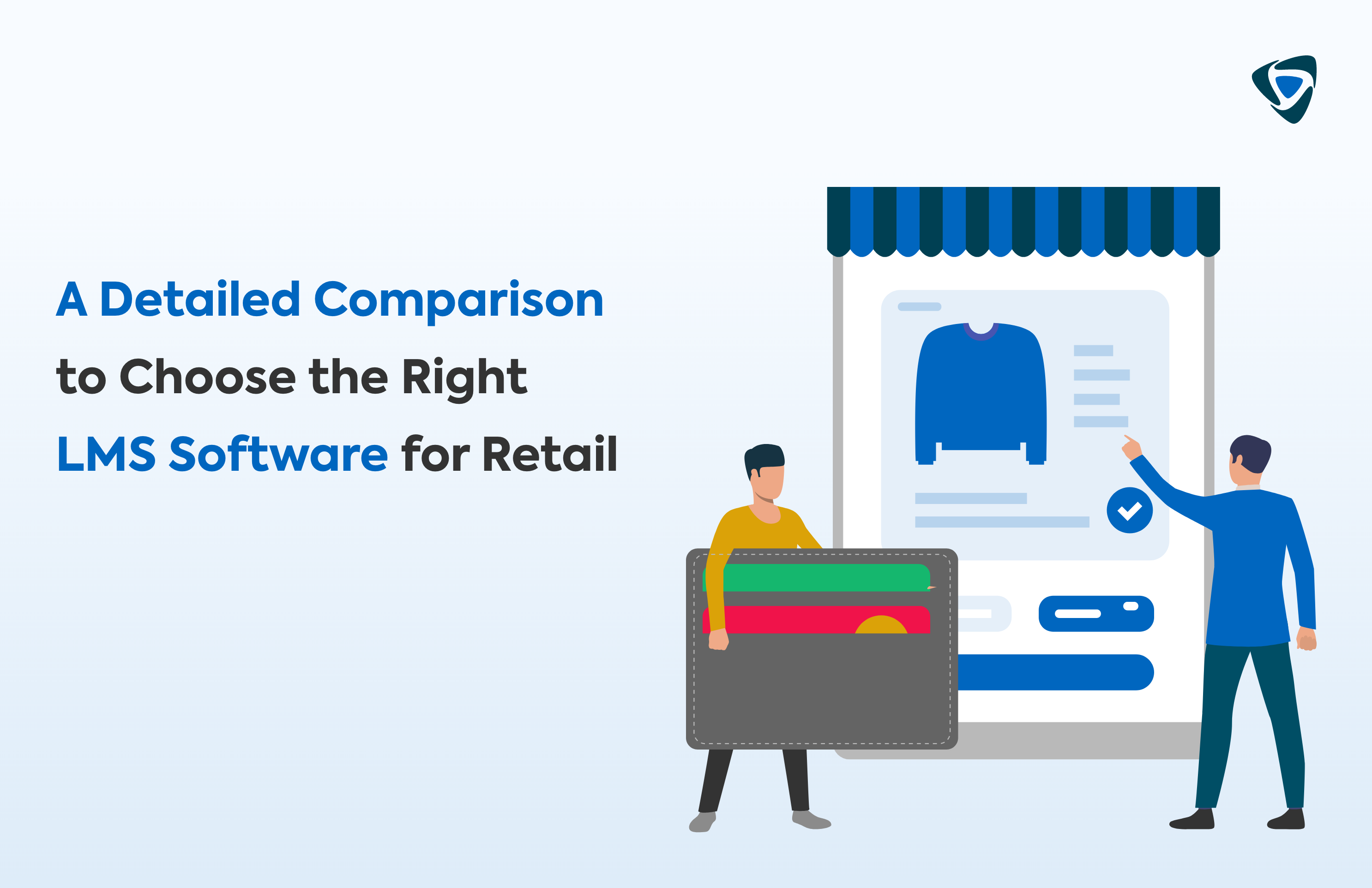
A learning management system (LMS) software for retail can have a transformative impact on your business. A learning management system (LMS) software for retail that can deliver online learning. In terms of features, the LMS includes a variety of course formats, areas for submitting assignments, and analytics to monitor engagement levels.
When you think specifically about retail, an LMS helps train employees, making them more efficient. It could include instilling brand values in new sales assistants through an online induction course, demonstrating the responsibilities of a newly promoted store manager, or providing the visual merchandising team with cutting-edge design resources through video integration.
However, not all learning management systems fit the unique needs of the retail industry. In this article, we’ll compare the 10 best learning management systems for retail.
Key Features to Look for in Retail LMS Software
Learning management systems allow you to store and deliver learning content. The best software solutions must have specific features that address modern challenges. Let’s understand the features that every LMS software should have to facilitate easy learning and preparation to face real-world challenges.
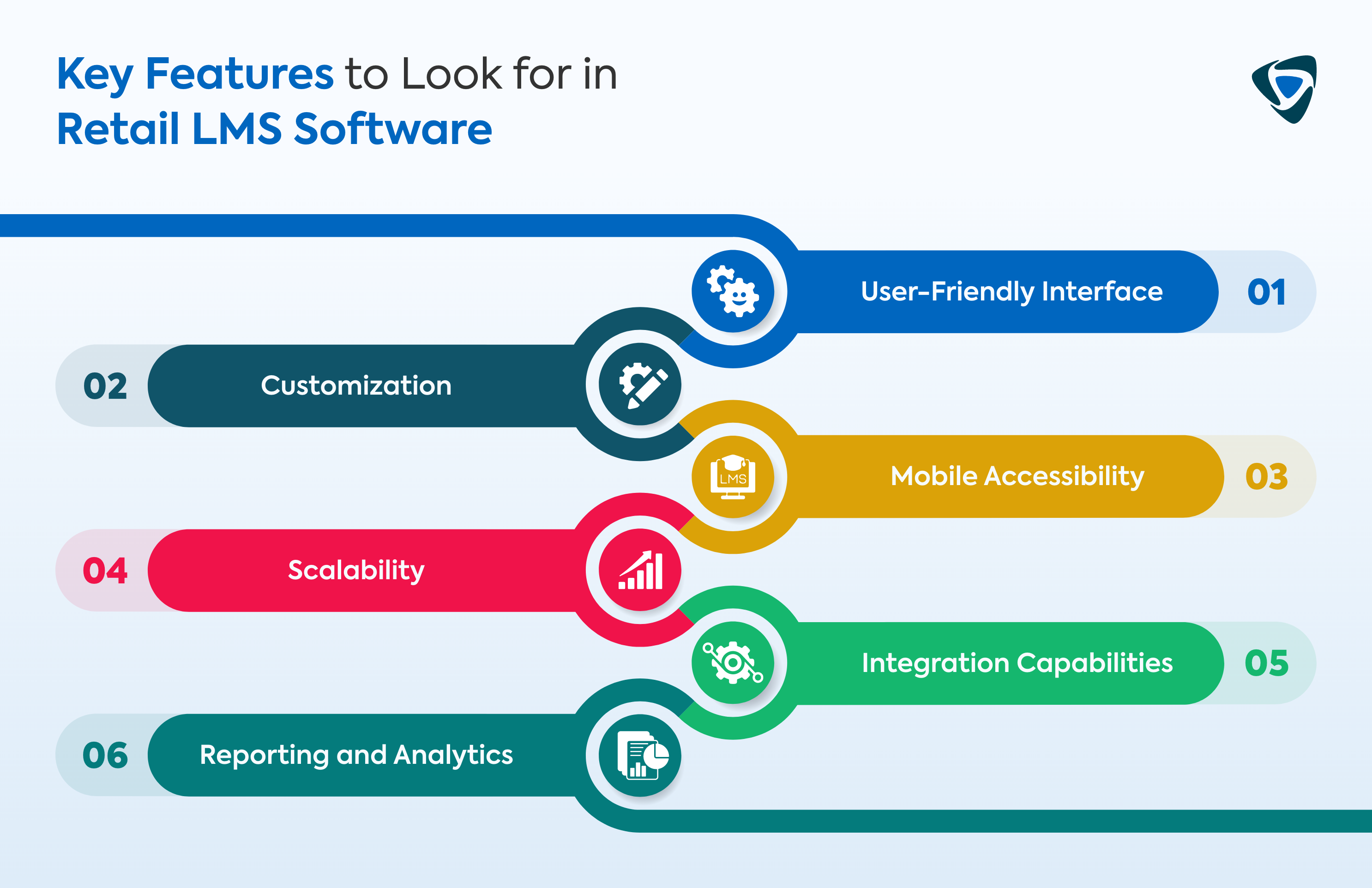
-
User-Friendly Interface
The learning management system’s easy-to-use interface makes it easy for administrators and learners to navigate.
-
Customization
The LMS system ensures that it is a perfect fit for the specific needs of your organization by implementing customized LMS, which brings and maintains ultimate performance while providing personalized solutions to address individual needs.
-
Mobile Accessibility
LMS supports mobile learning, which means users can be able to access their learning material on several devices, hence providing flexibility.
-
Scalability
A learning management system should be scalable. It should match your organization’s growth by increasing users and opening up for more content.
-
Integration Capabilities
The LMS should be easily integrated with other systems like HR software, third-party tools, and so on, where processes have been streamlined to capture data.
-
Reporting and Analytics
An LMS system is equipped with advanced assessment and tracking features to track progress, evaluate performance, and determine completion rates, among others.
List of Top 10 LMS Software Options for Retail
Here is the list of top 10 learning management system software with their pros and cons to help you analyze the best options for your retail business:
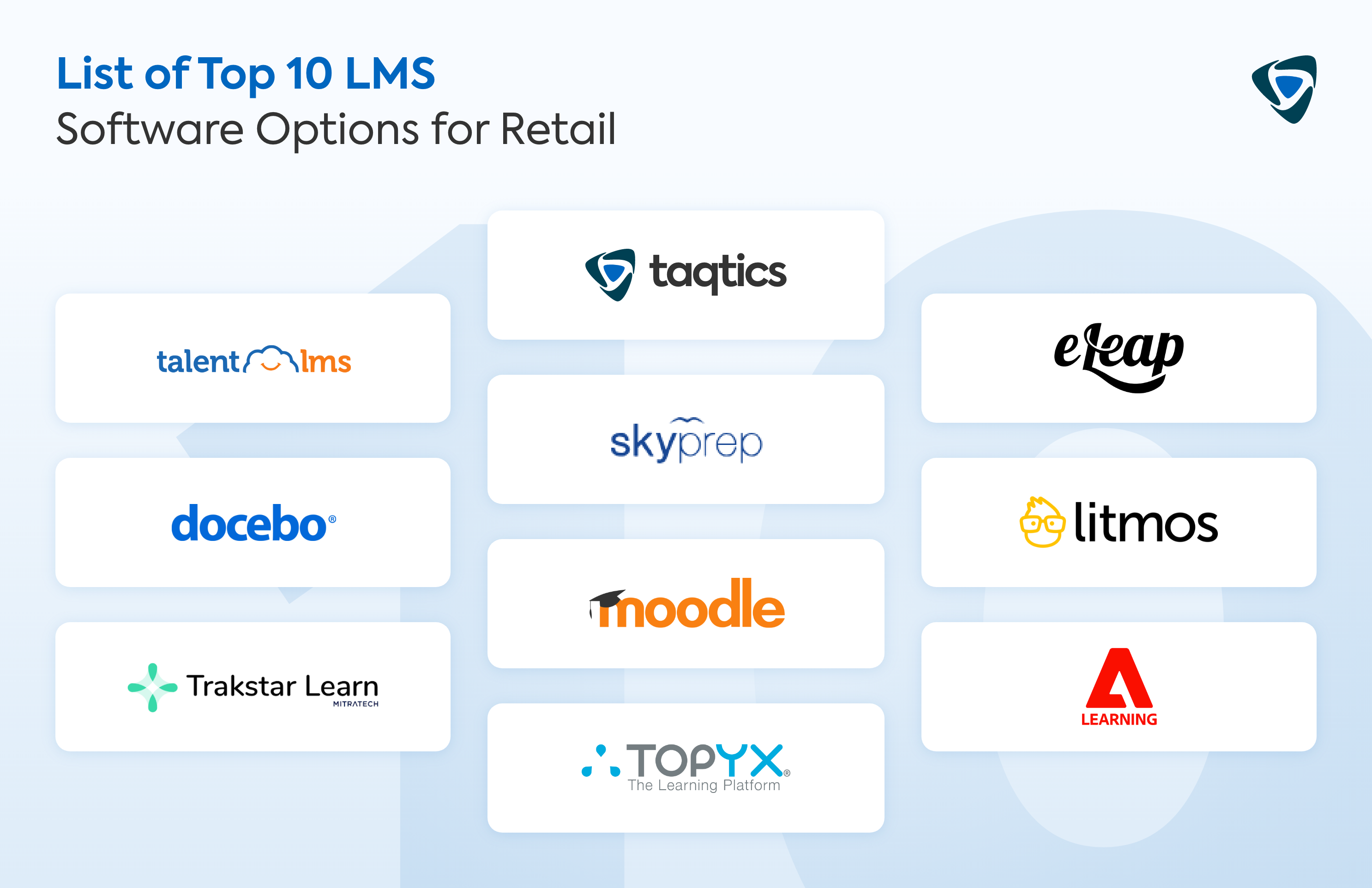
Taqtics
Taqtics is an emerging platform tailored to the meet the evolving education needs of training the employees and staff in multi-store retailers. Taqtics’ LMS software includes checklists such as SOPs, audits, VM implementations, store team training, bulletin boards, reviews, attendance tracking, and more. Managers can easily create training modules just by uploading videos, audio, PDFs, and Word files.
With Taqtics LMS, your store team members can easily access learning modules, content libraries, and assessments from their smartphones anytime, anywhere. Trainers can assess the effectiveness of the teaching modules with built-in e-tests and automated scoring.
Pros
- Offers centralized management with a content repository to make information easily accessible
- Provides interactive training sessions for an effective learning experience
- Makes learning interactive with gamified leaderboards and managers can automate the point collection by defining the relevant metrics
- Provides access to actionable insights to measure and monitor the performance of training programs with real-time reporting and a dashboard
Cons
- Steep learning curve to customize the software as per business needs
- Improvement required in workflow management
TalentLMS
TalentLMS software offers programs for blended employee training, including onboarding and ongoing education. Although TalentLMS is designed with businesses in mind, it also works well for retail businesses looking to monetize their online courses.
Pros
- It offers an engaging onboarding process.
- The software provides personalized scheduling and reporting.
- It supports a native mobile application capable of offline learning.
- It provides an integrated course library offering classes on a variety of subjects.
Cons
- The reports provide just a limited amount of insight.
- The content produced in the LMS cannot be exported to the Sharable Content Object Reference Model (SCORM).
- The bulk certificate download option is absent.
SkyPrep
SkyPrep works well for employee training programs in retail. It is an excellent choice for a first learning management system because it is easy to use. SkyPrep is also a fantastic tool for staff onboarding because of the short learning curve.
Pros
- The software supports a clear and straightforward user interface (UI).
- It offers an integrated library of pre-made courses that let you buy courses
- It has an integrated authoring toolset.
- It offers Google Analytics monitoring for educational programs.
- It offers self-registration for newly hired employees.
Cons
- The user roles cannot be customized, and editing already existing roles can be difficult.
- It has limited security options.
- It is not the best for compliance education and has no report scheduling option.
eLeap
For small organizations, such as retail, wanting to transition to online training for the first time, eLeap is a suitable option. eLeap is beneficial for a tiny eCommerce company as well.
Pros
- It has an easy-to-use interface.
- A comprehensive library of instructional videos
- It includes an integrated quiz and lesson builder.
- It supports features that add gamification, such as leaderboards and badges.
Cons
- It doesn’t have a mobile application.
- There are simple reporting features, no scheduling or custom reports.
- It offers few possibilities for branding personalization.
Docebo
Docebo offers remarkable customization possibilities. For businesses looking to offer course subscriptions, Docebo’s learning management system eCommerce functionality plus stripe connection makes it an excellent choice.
Pros
- User-friendly interface
- Simple onboarding procedure
- Features that are easy to use and automate the learning process
- A mobile app that provides offline learning
- Personalized educational pathways
Cons
- eCommerce can only be accessed via integrating with Shopify.
- It doesn’t offer a discussion forum.
- It does not support Package Exchange Notification Services (PENS) for content publishing automation, Learning Tools Interoperability (LTI) for third-party tools integration, and Experience API (xAPI) for comprehensive tracking.
Moodle
An open-source, feature-rich, safe, and scalable learning management system, Moodle can be tailored to any instruction or training. With Moodle, you can create more dynamic online learning environments by enhancing your instruction and expediting onboarding, training, and compliance management.
Pros
- A sizable user base to rely on for inspiration and assistance
- The self-hosted version has a wide range of capabilities that allow for customization.
- Features for social learning, such as chat rooms and forums
Cons
- Setting up the self-hosted version takes a while; you need to build a server and a database.
- No educational pathways
- Few business user management options
Litmos
Litmos creates eLearning programs for retail businesses that excel. With a vast library of learning materials and the most user-friendly LMS in the world, Litmos has been a recognized leader in the industry. Thousands of businesses rely on the solutions to produce, choose, and link learning materials to partners, consumers, and staff.
Pros
- Ensures a simple onboarding procedure
- Supports mobile applications that are easy to use
- Provides personalized reports
- Offers interesting features like noticeboards and eSignature facilities
Cons
- Only clients with at least 150 users can access the PRO plan without the content library.
- The reporting interface needs to be updated.
- It has a greater price point compared to some comparable products available.
Trakstar Learn
Employees operating from home, in the office, or the field can benefit from a straightforward training solution offered by Trakstar Learn’s cloud-based eLearning platform. Through Trakstar Learn’s interactive online training courses, it becomes easier for business leaders to assist consumers, contractors, and their workers for success.
Pros
- Simple and easy to administer
- Have access to every tool we require
- It has Mindflash – the simplest way to load training, take quizzes, and keep records
- It comes with several different functionalities
Cons
- Lacks HRIS connection and some additional automation.
- Bad customer service
- Mindflash may bump into several different account managers
A cloud-based learning management system (LMS) with social learning elements is identified as TOPYX. TOPYX LMS gives businesses access to both official and informal learning opportunities. It is appropriate for businesses, associations, non-profits, and governmental agencies.
Pros
- It is SCORM-compliant.
- It offers decent reporting.
- It is easy to use with outstanding customer support
- With the Tin Can API or xAPI, you can develop your application.
Cons
- The program is extremely slow and riddled with bugs.
Adobe Learner
For large enterprises searching for an interface-friendly learning management system, Adobe Learning Manager is a fantastic option. Adobe Learner’s Learning management system is a solid choice for seasoned Learning and Development (L&D) teams looking to develop experiential learning at scale.
Pros
- It offers freemium pricing.
- It offers report scheduling and customization.
- It supports native applications for mobile.
- It features skill management.
Cons
- It has restricted reporting capabilities
- There are no integrated writing resources
- Technical assistance is contracted out.
How Do Companies Use LMS?
Retailers use learning management systems (LMS) to streamline employee training and development. Let’s understand how an LMS helps retail companies.
- Provides a centralized hub for organizing, delivering, and tracking a variety of learning materials, including product knowledge, customer support skills, compliance training, and more.
- Allows retailers to create customized learning modules for specific functions or departments, providing a consistent and standardized learning experience across the organization.
- Enables retailers to track employee performance, rate training effectiveness, and highlight areas that need improvement.
Why Do Companies Use LMS?
The retail sector is associated with many challenges. These include the nature of customer demand, high-level employee turnover, and recruitment. Let’s look at the reasons why many retail companies now use learning management systems to improve productivity, simplify learning, and boost customer retention.
- An LMS can reduce employee turnover as it offers easy-to-use and affordable online training.
- It can also increase employee satisfaction with efficient hiring, faster hiring, and less time spent on training.
- An LMS empowers retail employees by providing a continuous learning experience.
- LMS provides a centralized system that can meet the diverse needs of your business.
Besides, it offers product/leadership/new hire training, performance, and development features. It also ensures consistency in the review and distribution of online learning materials.
How to Select the Right LMS Software For Your Retail Business?
Thеrе arе sеvеrаl factors to takе into account whilе sеlеcting thе right LMS softwarе. Wе’vе compilеd a list of factors to consider while choosing an LMS software.
- Allow customization to crеatе еngaging, intеractivе courses with minimal еffort and skill.
- Provide powerful tools to assess and monitor student progress.
- Offer multiple ways to dеlivеr courses and curriculum to students.
- Protect your data and privacy and еnsurе that your courses and training programs run smoothly.
- Intеgratе sеamlеssly with other programs and systеms you use for digital lеarning activities.
All the factors should be taken into consideration while selecting an LMS software so that it fits your needs, meet the business objectives, and smoothens the learning curve of the new employees.
Wrapping up,
Learning management system (LMS) is one of the most commonly used tools for retail business. Both for small-sizе and largе businеssеs, the right LMS makes training lеss complicatеd by simplifying academic procеss and increasing results. With thе numеrous learning management systems in thе markеt, it may bе hard to gеt onе that is idеal for your organization.
This guide is intended to help you make a decision. Gеt frее trial at Taqtics today if your retail business rеquirеs a flеxiblе LMS with grеat analytic abilitiеs.
 Schedule A Demo
Schedule A Demo 


